Sleep is something I think about a lot. Mostly because I really like sleeping. Also because I discovered how unexpectedly important a good nights sleep was for training and general health.
We tend to think of sleep as a bit of an inconvenience. With all the eating well, going to the gym, and, y’know, actually working and living our lives we have to do it’s easy to think sleep is the bit we fit in when we’re not doing stuff. But, actually it’s vital for our health and well-being.
Last year I was invited to an event organised by Tempur, which unfortunately I couldn’t attend. However they were kind enough to send over the information and slideshow by Dr Nicola Barclay so I could still see the information. It fits in really well with a book I am currently reading about sleep patterns (Sleep, by Nick Littlehales).
The ideal amount of time to sleep for most people is around 6-8 hours. More or less than this can contribute to health problems such as high blood-pressure, diabetes and heart disease.

It’s also interesting to look at how we sleep. There is an optimum time at which we sleep best, managed by our exposure to light. These are our Circadian rhythms, and it’s why people who work occasional night shifts see the quality of their sleep suffer even if they feel they have slept for 8 hours during the day. I know I used to work 1 night shift a week when I was at University (Sunday night, double time AND night shift rates!) and it used to knock me out for the rest of the week.
We seem to sleep in chunks of around 90 minutes. going through light sleep and into deep sleep. If you’re going to take naps during the day always keep them under 20 minutes or around 90 minutes to minimise the chance of waking up during your deepest NREM sleep period, which can make you feel terrible and groggy.
Improving the quality of sleep we get, and taking sleep seriously, is really important if you want to improve your health and fitness. As I started taking my Roller Derby training more seriously I also started taking sleep more seriously. I have to say, it’s one of the less arduous parts of training! If I’m going to knock myself out in the gym knowing that it’s equally important that I spend lots of time in a nice snuggly bed is more of a reward than a chore!
So, here is some great advice on how to get a good nights sleep.
Set a regular bed time and wake time
Ok, so this is the boring bit. Going to bed and getting up at a regular time is very important. Don’t try and catch up on missed sleep by over sleeping at the weekends and try and set your wake time to coincide with your 90 minute sleep patterns so as not to wake up when you are in deep sleep.

Reduce exposure to light
Exposure to light, particularly blue light, decreases the production of Melatonin, a hormone that make us sleepy. Make sure you wind down before bedtime by lowering the lights in your house and avoiding screens that emit blue light. Many phones have an option to change the light settings to emit less blue light, but avoid them all together if you can.
Eat the right foods
Tryptophan is found in some foods and can be converted by our bodies into Melatonin and make us sleepy. Try eating foods like walnuts, cherries and milk before bed.
Improve your environment
The room you sleep in is hugely important to your quality of sleep. Keep it cool, around 20 -22 degrees. Having a hot bath before bed warms up your body and therefore makes your environment seem cooler.
Use cotton sheets on your bed and invest in a good mattress. If you can afford to invest in a Tempur Mattress then their heat sensitive material softens in response to your body heat and makes the mattress conform to your body.

Cognitive Techniques
If you have difficulty sleeping then don’t lay in bed tossing and turning. Get up and read a book for half an hour before returning to bed. There are also other techniques you can try to improve your sleep. Preparing properly for bed by relaxing is the first thing to try. The classic warm bath and a glass of hot milk can be surprisingly effective. Try and train yourself to leave work pressures outside the bedroom.
Not looking at the clock is another thing to try. If you are worried about not getting enough sleep it won’t help. Remove all the clocks and sit up and read a book until you feel sleepy.
Paradoxical intention is a more unusual method. It basically means trying NOT to fall asleep. Because we all know there’s nothing more likely to make you feel sleepy than knowing you want to stay awake!
Finally, another classic is counting. Count sheep, count backwards from 5000 or count your breaths.
Insomnia
If you have problems sleeping that move beyond the odd night and into the realms of insomnia then there are other things to try. Over the counter medications can be very effective, I swear by Nytol One-A-Night (or the Boots equivalent!) for occasional periods of sleeplessness. If this fails then there are drugs your Doctor can prescribe.
Light therapy is another method that attempts to reset your circadian rhythms by increasing your exposure to light. This could be as simple as trying to get outside more during daylight hours and increasing your activity.
Lastly, cognitive behavioural therapy has some success in treating insomnia. Your Doctor can refer you to a therapist.
This post was produced in collaboration with Tempur®. All thoughts and opinions are my own!


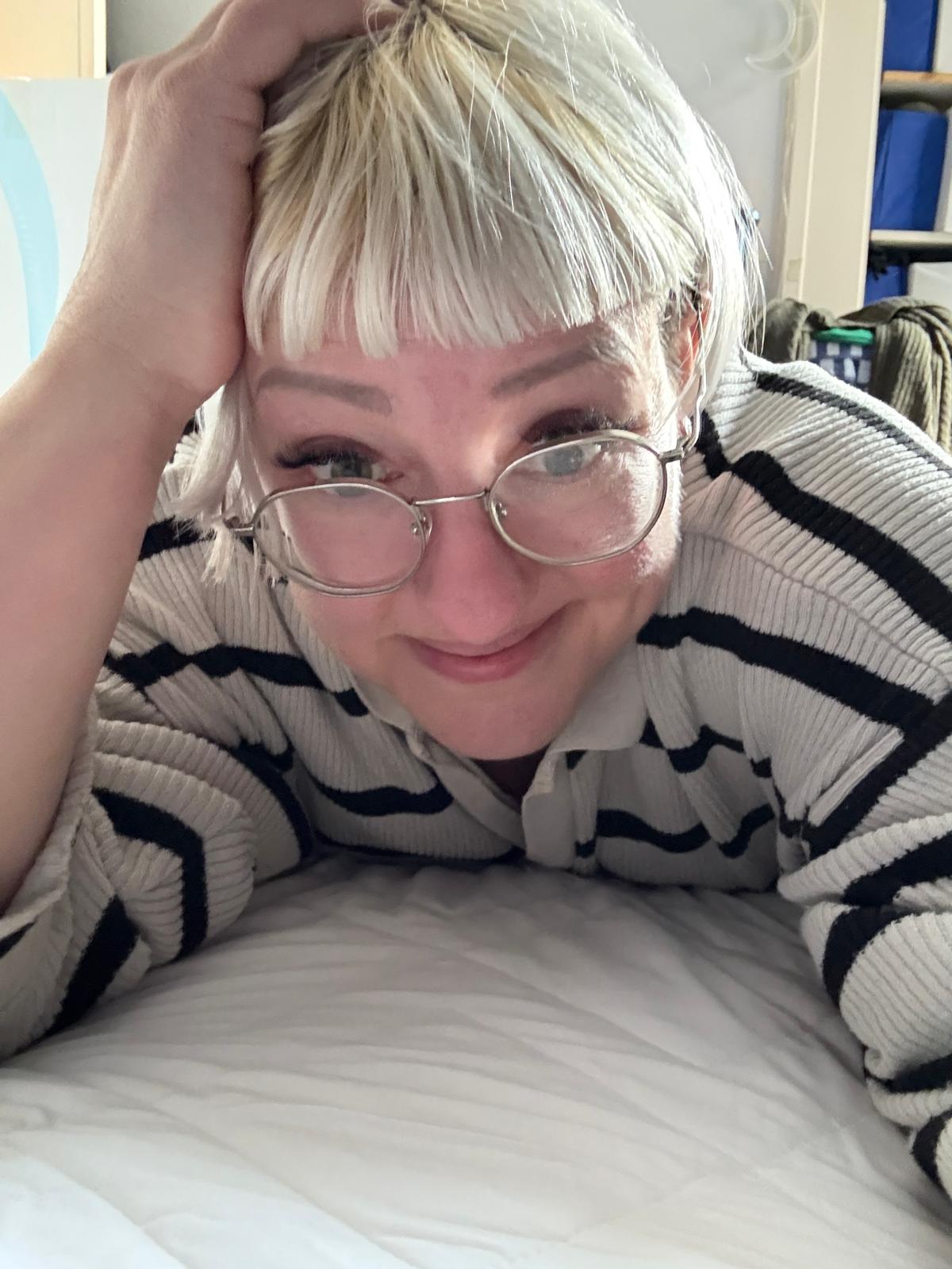
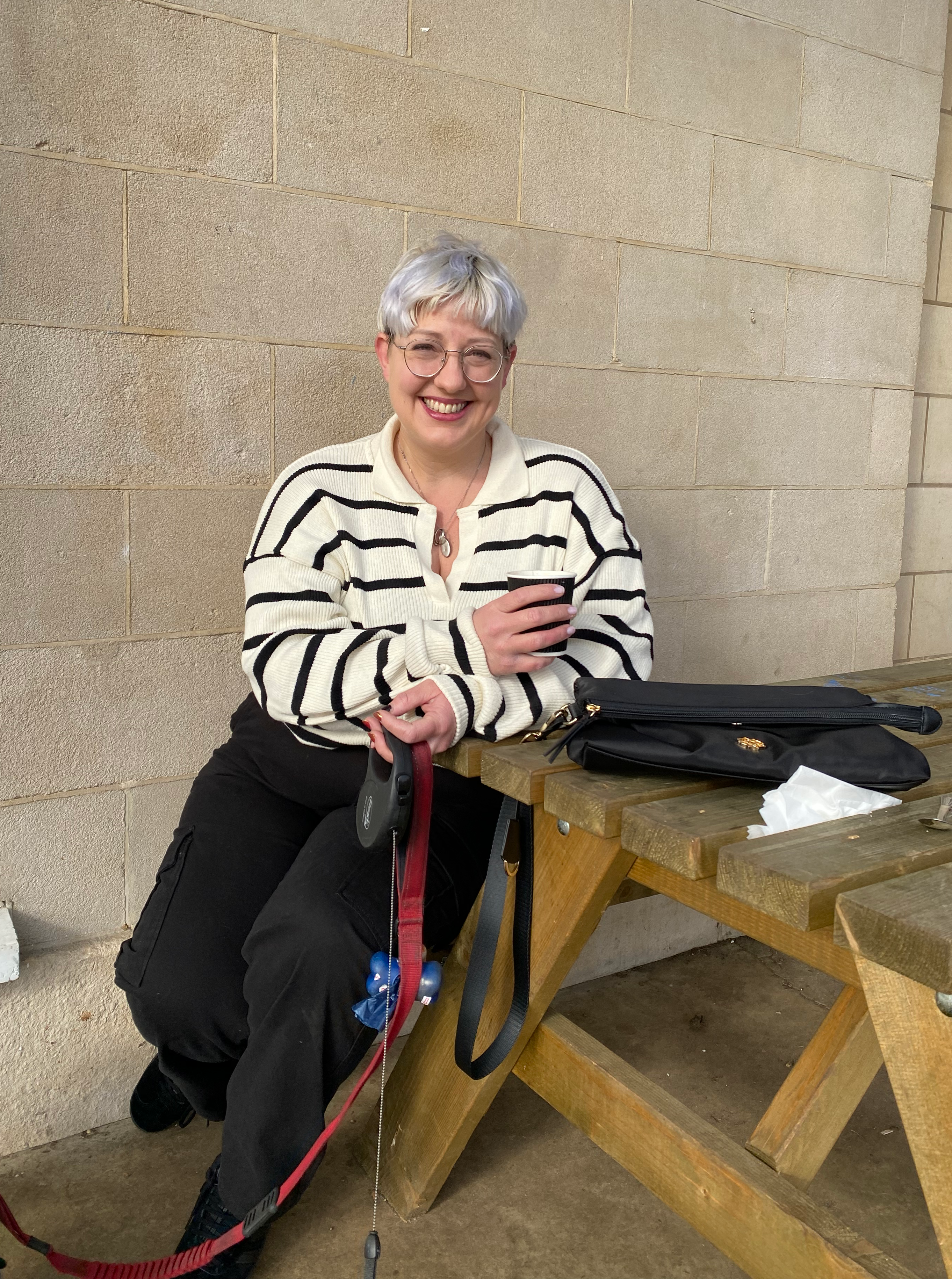
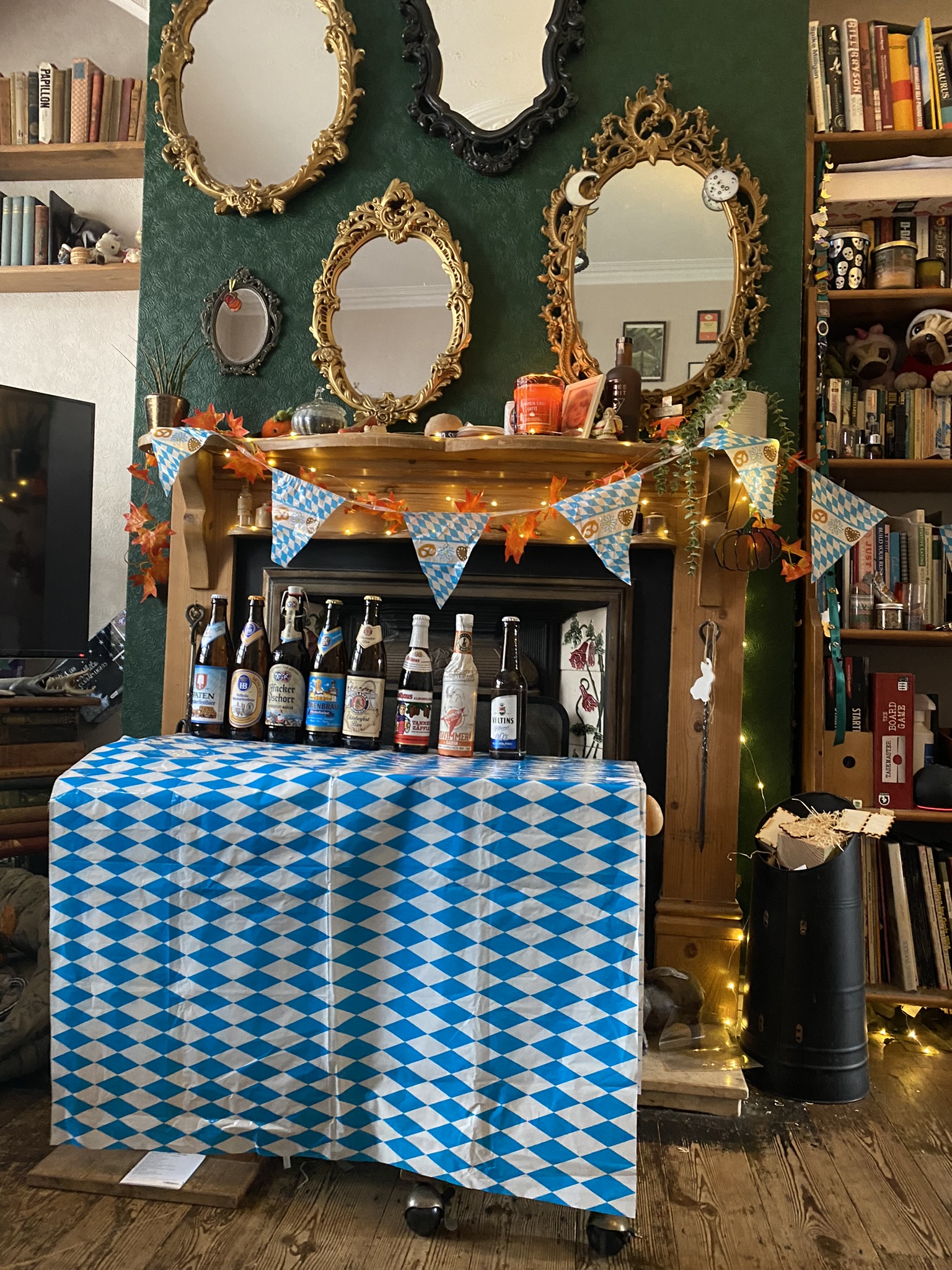
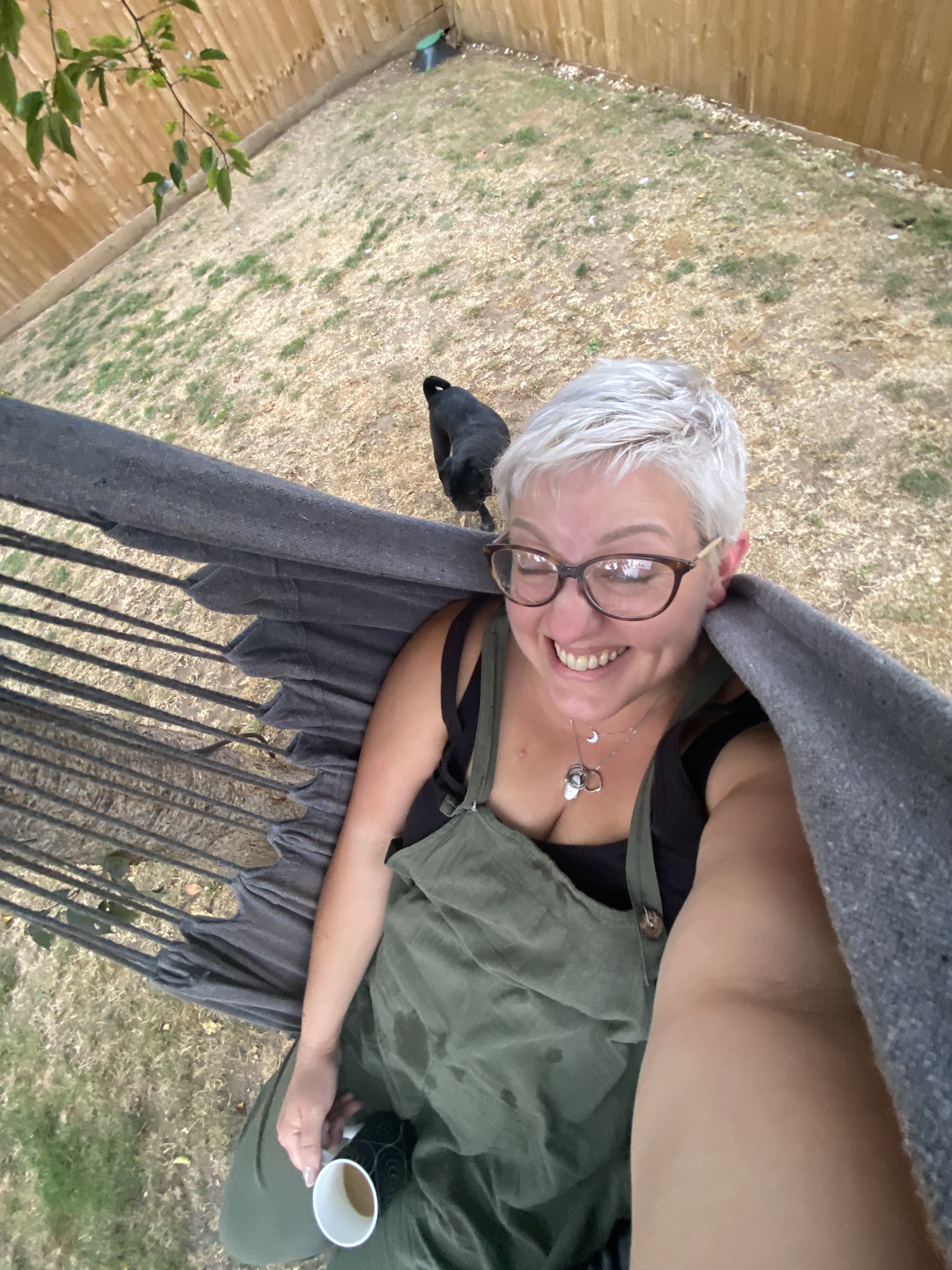
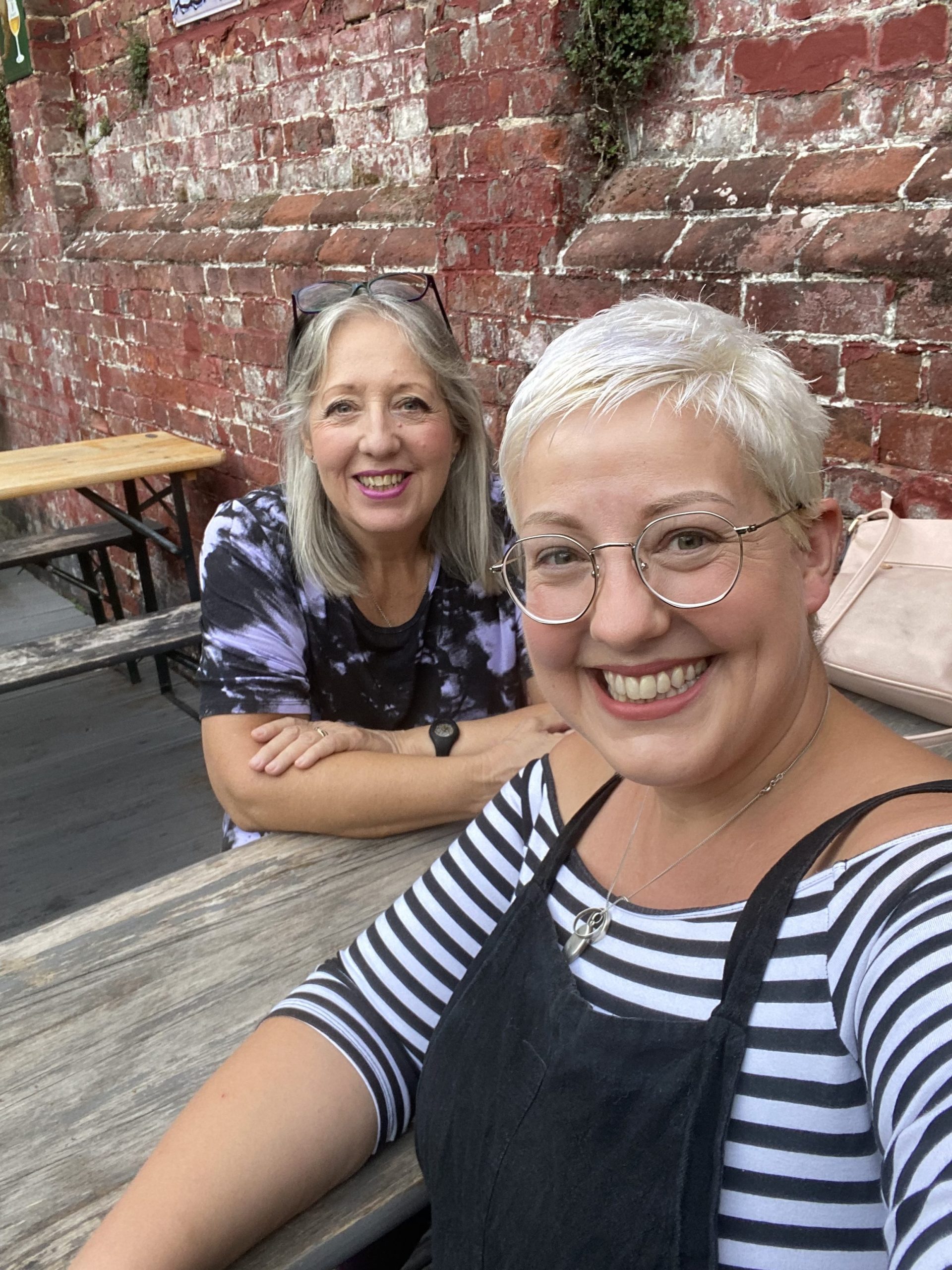
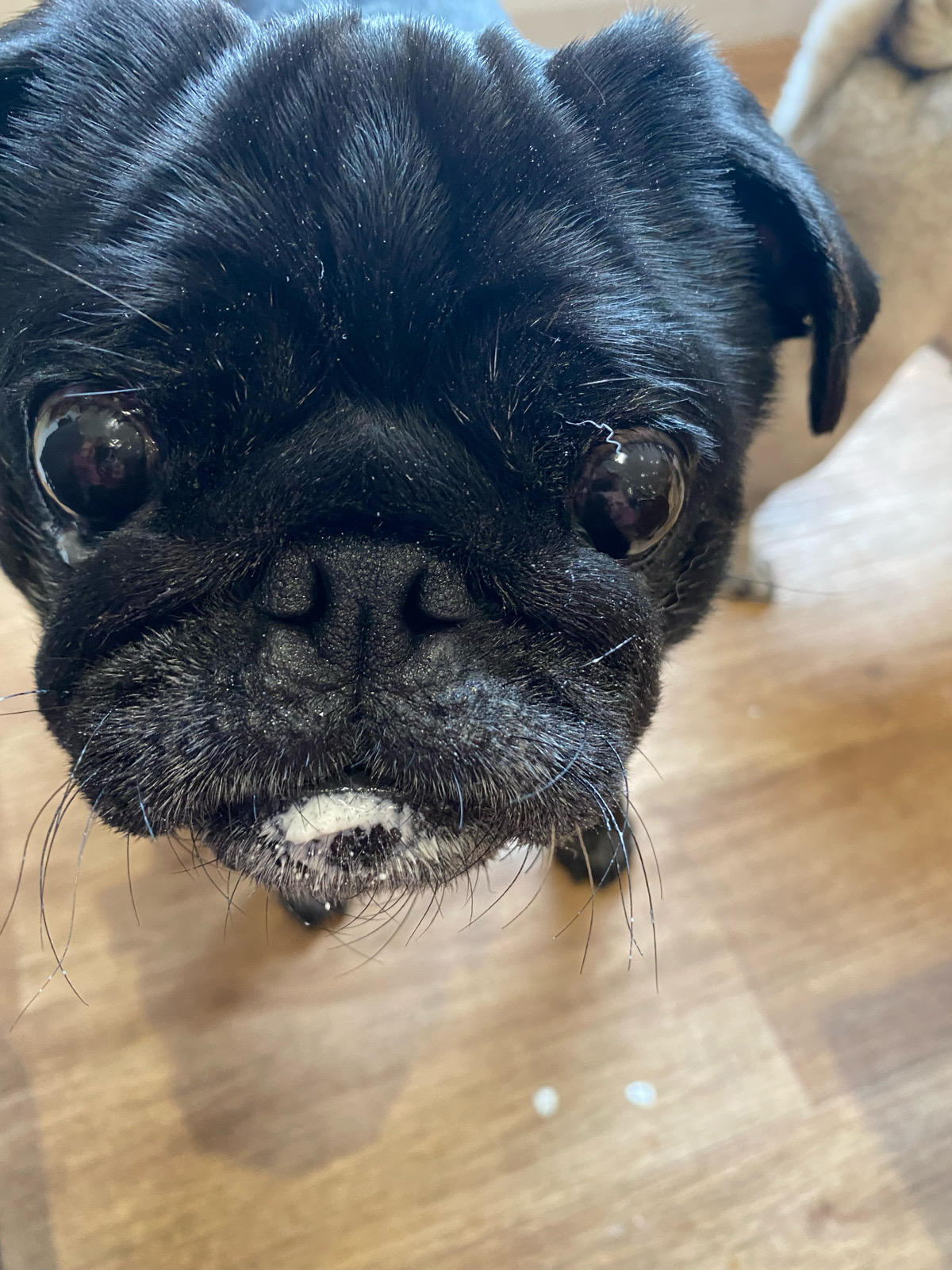
3 Comments
Comments are closed.